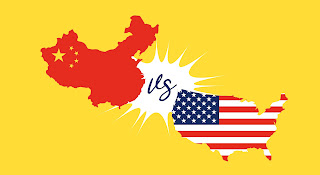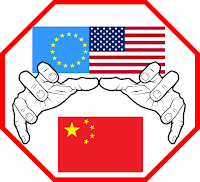Four Western Myths about the Ukraine War

Myths kill. Nowhere is this truth more evident than in Ukraine, where tens of thousands of Ukrainians and Russians have been maimed or killed on the battlefield in a war now in its third year and still ongoing. The Ukraine war could have been averted had politicians in the West not clung to four myths with devastating consequences. Myth 1: Ukraine will defeat Russia. One year into Russia's war in Ukraine, US President Biden proclaimed in Warsaw, Poland that "Ukraine will never be a victory for Russia. Never." Exuding even more confidence, Europe Commission President von der Leyen declared that "I'm deeply convinced that Ukraine will win this war." Of all the lies about the war in its third year, this one is the hoax of the 21st century. To put it bluntly, Ukraine has no plausible pathway to victory against Russia. Slightly smaller than Texas, utterly dependent on Western aid, it is simply no match for its Russian neighbor with 1,226 miles of shared bord...





